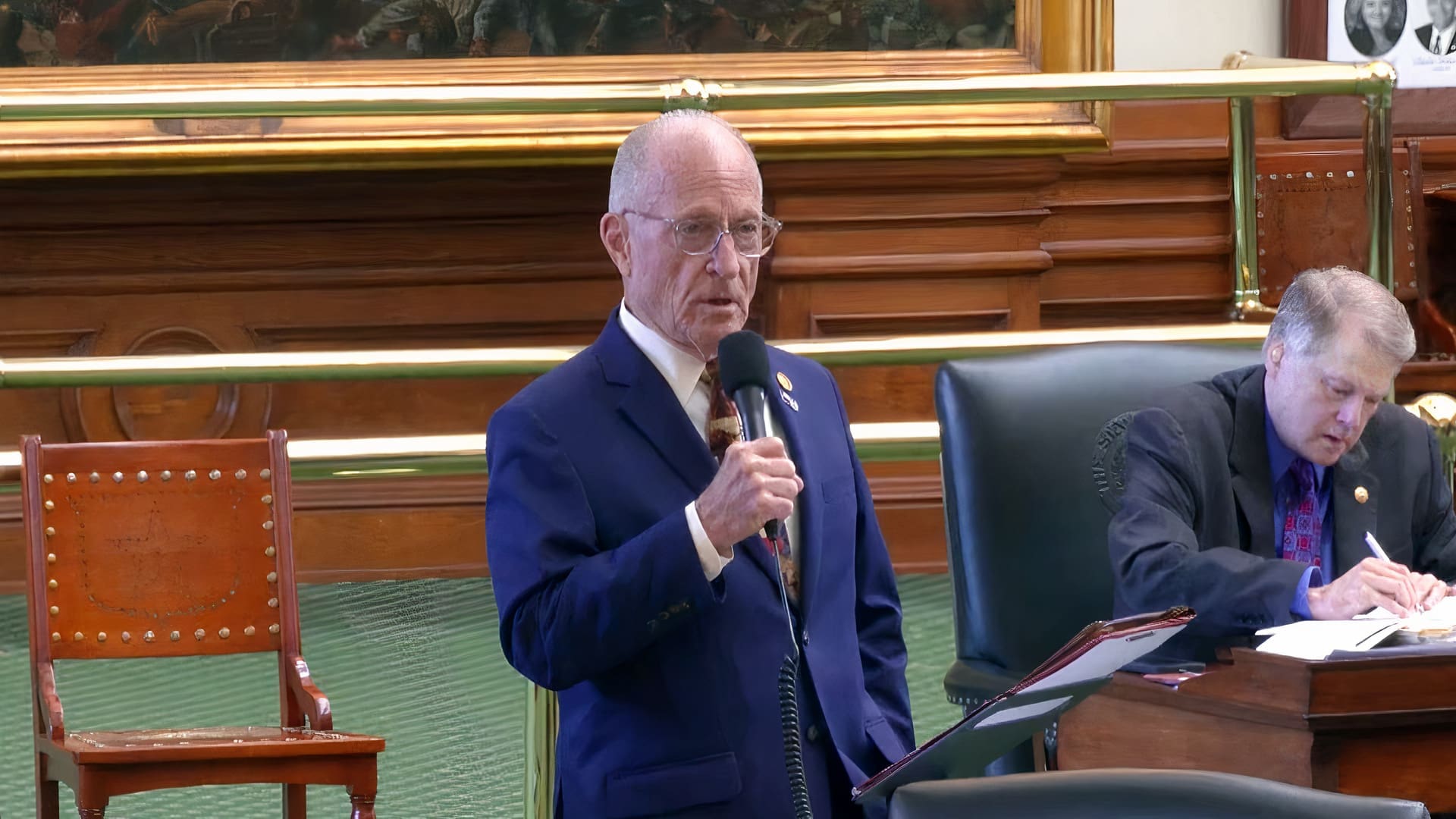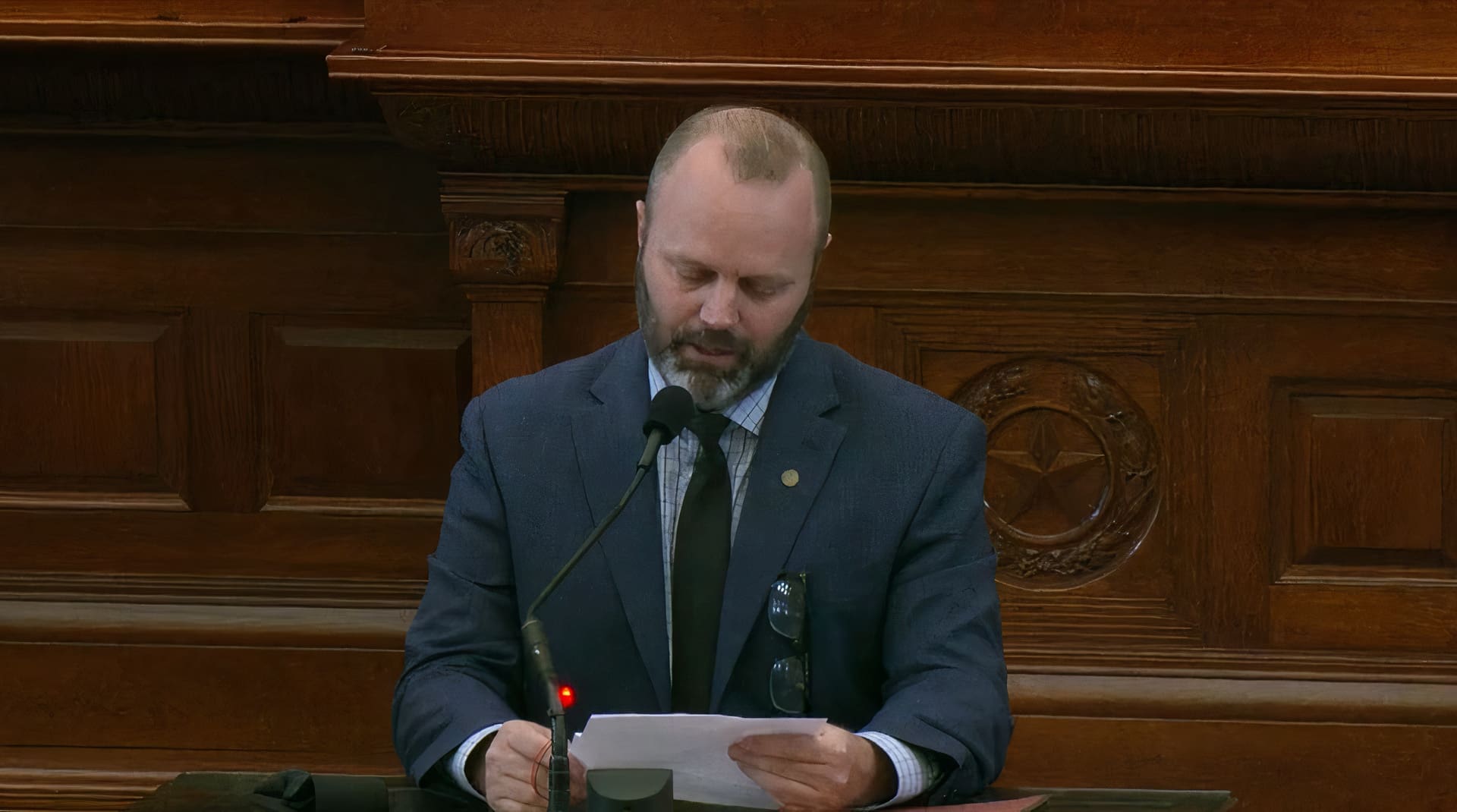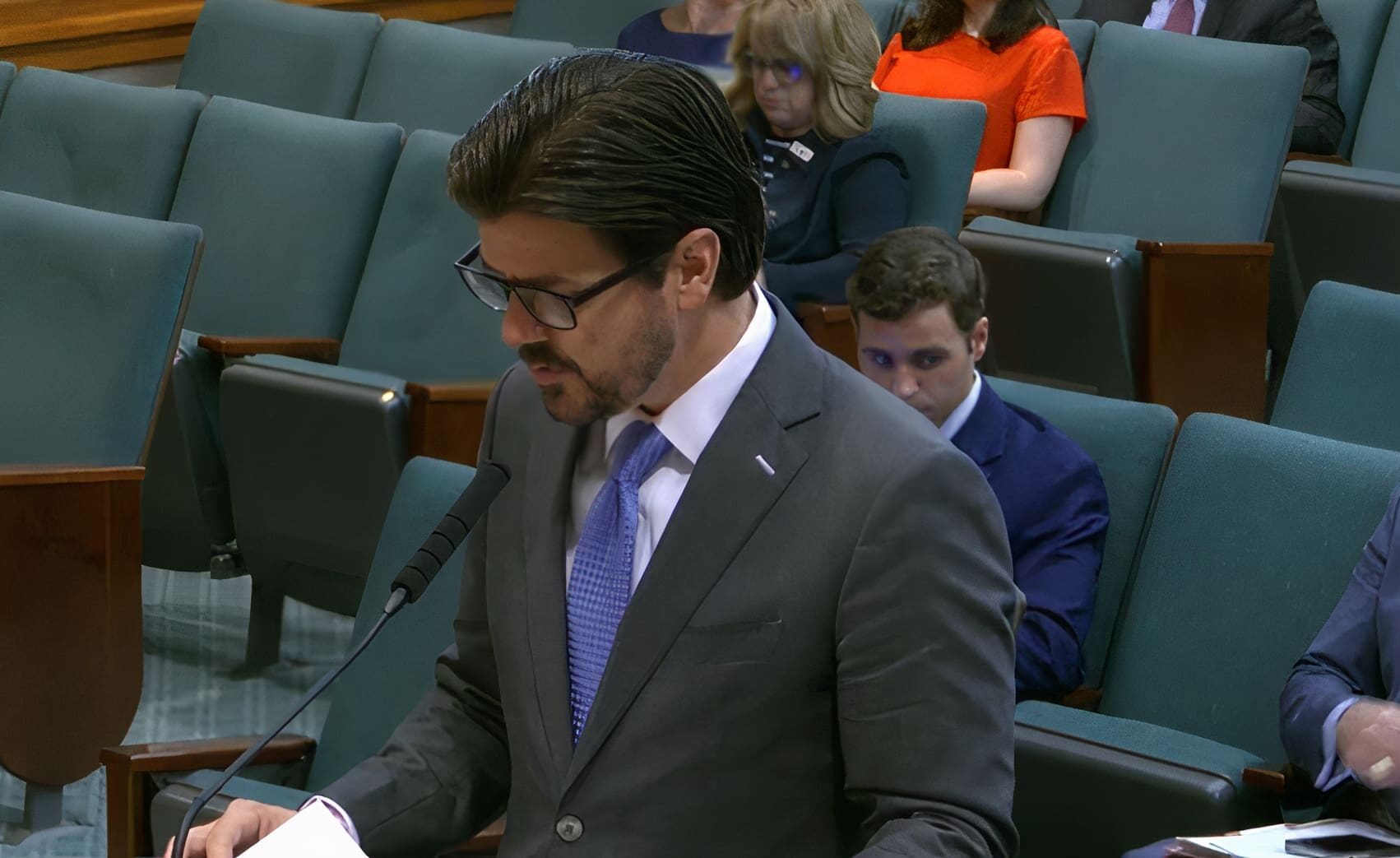Texas senators have approved a measure strengthening the state’s protections for justified use of force or deadly force in self-defense situations.
Senate Bill 1730, filed by State Sen. Bob Hall (R–Edgewood), passed 26-3-2 on Monday.
The measure would prevent a claimant from recovering civil damages for personal injury or death if a grand jury has declined to pursue, thrown out, or acquitted the defendant of criminal charges.
In addition, if the claimant is found to be prohibited from seeking civil action, the proposal would require them to pay court costs and the defendant’s attorney fees.
Hall explained when laying out the measure before lawmakers that Texas is a castle doctrine state, meaning individuals are permitted to use force or deadly force in order to defend themselves on their own property.
“However, under current Texas law, individuals may file civil lawsuits seeking damages for personal injury or death resulting from the use of force or deadly force, even in cases where the defendants’ actions have been deemed lawful in a criminal proceeding,” claimed Hall.
The senator further argued that the current system creates “a substantial financial and emotional burden” for defendants who are faced with lawsuits after having already been cleared of criminal charges.
State Sen. Sarah Eckhardt (D–Austin) pointed out that the standards for civil and criminal actions are different, with criminal action requiring proof “beyond a reasonable doubt” and civil action having lesser standards.
Hall said that, although he is not an attorney and could not speak on Eckhardt’s comments directly, the intent of his measure is to “protect someone who has acted lawfully in their home … from an arduous civil case.”
Eckhardt pushed back further on the necessity for the measure in the first place, noting that the current Civil Practice and Remedies Code already prevents claimants from seeking civil suits against those who have used self-defense.
“Well, it may say that, but I’ve had people that have come to the office that have actually been subject to civil liability, and it cost them a lot of money just to defend themselves,” responded Hall. “And they had to pay for it themselves.”
While the current civil code does protect against someone facing a civil lawsuit for criminal charges that were dismissed, it does not protect against civil lawsuits involving individuals who used self-defense but were never indicted.
This is what happened in the high-profile case of Kyle Carruth, who was forced to settle a wrongful death civil suit even after a grand jury declined to indict him for a 2021 incident.
Hall told Eckhardt that Carruth was one of the individuals he spoke with.
“I’m seeking to prevent someone from being taken into civil court if they have not been charged with or found guilty of a crime,” said Hall.
SB 1730 will now be sent to lawmakers in the Texas House of Representatives.
While senators approved the expansion to the right of self-defense, lawmakers in the Texas House were gearing up to consider a measure by State Rep. Ryan Guillen (R–Rio Grande City) that would achieve a similar effect.
House Bill 170 would prohibit civil actions against a defendant who “uses or threatens to use force or deadly force” if a grand jury has declined to indict them, or if charges have been acquitted or dismissed.
No ads. No paywalls. No government grants. No corporate masters.
Just real news for real Texans.
Support Texas Scorecard to keep it that way!





